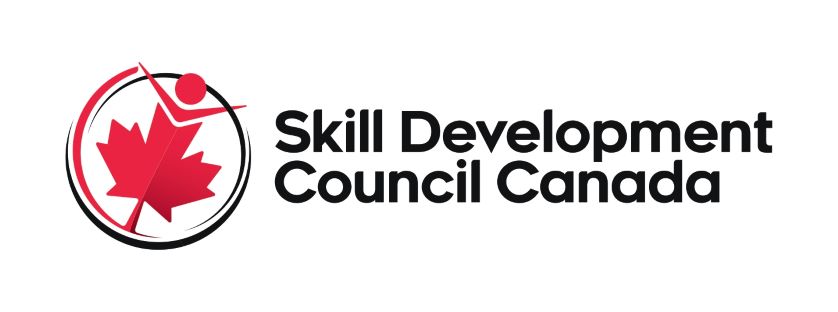International Diploma in Flood Management
Course Overview: The International Diploma in Flood Management is designed to equip students with comprehensive knowledge and practical skills in managing and mitigating the impacts of floods. The program covers various aspects of flood management, including risk assessment, prevention strategies, emergency response, and post-flood recovery efforts. Students will gain a deep understanding of the hydrological, environmental, and socio-economic factors contributing to flood events, as well as the latest technologies and best practices for effective flood management.
Learning Objectives:
Upon completion of the program, students will be able to:
- Understand the causes, types, and impacts of floods on communities, infrastructure, and the environment.
- Analyze and assess flood risks using hydrological modeling, geographical information systems (GIS), and other analytical tools.
- Develop and implement flood prevention and mitigation strategies, such as structural measures (dams, levees, drainage systems) and non-structural measures (land-use planning, early warning systems, public awareness campaigns).
- Design and implement emergency response plans for flood events, including evacuation protocols, rescue operations, and coordination with relevant agencies.
- Develop post-flood recovery strategies, including damage assessment, rehabilitation of affected areas, and long-term resilience planning.
- Integrate climate change considerations and sustainable practices into flood management strategies.
- Understand the legal, regulatory, and policy frameworks related to flood management at local, national, and international levels.
- Develop effective communication and community engagement strategies for flood preparedness and response.
Qualification Structure: The International Diploma in Flood Management consists of 7 mandatory units for a combined total of 12 credits, 120 hours of Total Qualification Time (TQT), and 60 Guided Learning Hours (GLH) for the completed qualification.
Course Content:
Module 1: Introduction to Flood Management
- Overview of floods: types, causes, and impacts.
- Historical perspective and global trends.
- Hydrological cycle and flood processes.
- Socio-economic and environmental implications of floods.
Module 2: Flood Risk Assessment
- Hydrological modeling and analysis.
- Geographical information systems (GIS) for flood mapping.
- Vulnerability and exposure assessments.
- Risk perception and communication.
Module 3: Flood Prevention and Mitigation Strategies
- Structural measures (dams, levees, drainage systems).
- Non-structural measures (land-use planning, early warning systems, public awareness).
- Ecosystem-based approaches (wetland restoration, sustainable urban drainage systems).
- Climate change adaptation and resilience.
Module 4: Emergency Response and Preparedness
- Emergency response planning and coordination.
- Evacuation protocols and rescue operations.
- Early warning systems and communication strategies.
- Incident command systems and interagency cooperation.
Module 5: Post-Flood Recovery and Rehabilitation
- Damage assessment and impact analysis.
- Restoration of infrastructure and essential services.
- Debris management and environmental remediation.
- Long-term resilience planning and capacity building.
Module 6: Legal, Regulatory, and Policy Frameworks
- National and international policies and regulations.
- Institutional arrangements and governance structures.
- Stakeholder engagement and community participation.
- Funding mechanisms and resource allocation.
Module 7: Communication and Community Engagement
- Risk communication and public awareness campaigns.
- Stakeholder engagement and participatory approaches.
- Crisis communication and media management.
- Capacity building and training programs.
Duration and Delivery: The qualification will be flexible in its delivery to accommodate part-time and distance learning. The International Diploma in Flood Management in the construction Industry program will typically span over 02 to 03 months, including classroom lectures, practical exercises, distance, and online.
Assessment and verification: All units within this qualification are internally assessed by the Fire Safety Management Institute. Learners must have a minimum of 50% marks in each unit to achieve a 'pass' grade for this qualification.


